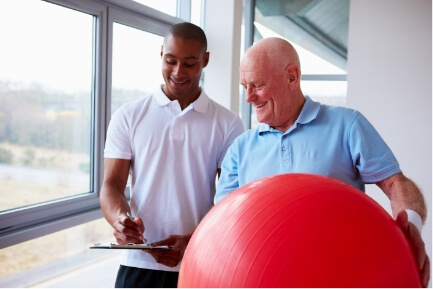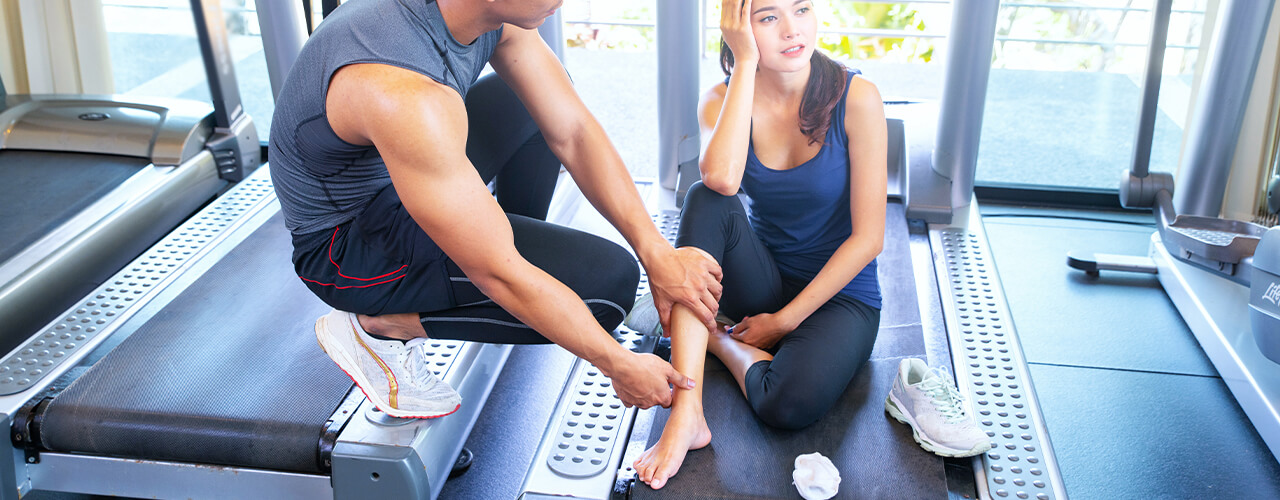Does Arthritis Hurt All Day?
A flare-up of arthritis is characterized by increasing pain, stiffness, and exhaustion. These worsened arthritic symptoms might strike without warning, upsetting your daily routine. Flares can be caused by overdoing activities, changing climate patterns, changing medicines, stress—or sometimes for no apparent reason whatsoever, depending on the type of arthritis you have.
How does it feel to have arthritis?
Arthritic pain and fatigue usually cause rigidity. The severity varies between individuals and even every day. Only a few joints may be affected in some persons, and the effects may be minor. In some cases, the entire body system is impacted.
In arthritis, much of the action takes place in the joints of the body. There are many different types of arthritis, including swelling, stiffness, tenderness, redness, or warmth. Weight loss, fever, and weakness may accompany these joint problems. Inflammatory arthritis, such as rheumatoid arthritis, may be the reason when these symptoms linger longer than two weeks.
Infection can also induce joint inflammation, which can develop to septic arthritis. The most prevalent form of arthritis is degenerative joint disease (osteoarthritis), which is characterized by a lack of joint inflammation. While normal joints can withstand a great deal of wear and tear, mechanical anomalies in a joint can cause it to degenerate.
The way your joints and muscles feel is influenced by a variety of factors. Swelling, joint injury, muscular tension, and spasms can all produce pain. Muscle pain when completing new exercises or activities; when a joint is injured, ordinary activities might put a strain on it. When your joints are inflamed or injured, you must take special measures when performing daily tasks. Exercises and the proper use of heat and cold can be taught by your doctor or therapist to help you reduce discomfort. You can also learn how to use your body with the least amount of stress on your joints, which will result in reduced discomfort, smoother movement, and more vitality.
How to handle flare-ups of arthritis
- Take your medications
Your doctor’s recommended prescription and over-the-counter medication can help manage inflammation and pain. Speak to your doctor if you have side effects that prevent you from taking your medications, or if your costs are difficult to afford. Other options may be available.
- Control your weight
Overweight can result in more weight-bearing joints being pressured and pain increased. Moreover, adipose (fat) tissue sends out chemical indications to increase inflammation. It’s bad for all of your health because your chances of getting heart disease, diabetes and even some cancer are increased. A balanced diet of lots of vegetables, fresh fruits, whole grains and lean proteins, including beans, poultry, and fish. It is good for your food. Keep out of processed food, red meat, and sour beverages.
- Keep Active
Walking, water aerobics in your local fitness room or yoga helps control weight, can help reduce joint pain, increase flexibility, equilibrium and strength. Heart exercise helps to maintain your heart in shape, like riding a stationary bike. Talk to your physician or physiotherapist to find out what might be best for you if you are new to practice. You also feel more energetic with exercise, which can help you to sleep better.
- Maintain a good behavior
A positive behavior can significantly boost your ability to cope with pain in many people with chronic pain. Take it for granted. Find ways to stay away from it. Do the things you like – such as hobbies or time with friends and family – to keep your spirits high. If you need any further aid, seek a therapist or ask your doctor how your pain can be alleviated by hypnosis, meditation and breathing techniques.
Are You Looking for Arthritis Relief the You Can’t Seem to Shake?
Pace Physical Therapy in San Jose, California specializes in non-surgical arthritis pain relief and recovery therapies. We pride ourselves on offering the best possible physical therapy available and going above and beyond for our patients. Do you ever wake up feeling like you’re stiff or tight in your joints? Do they ache in the morning as you shift, becoming less painful as the day goes on? If so, this may be a symptom of early-stage arthritis. Arthritis is a common illness that many people suffer, but before seeking treatment, they tend to live with it for far too long. Pace Physical Therapy will help you find relief today. You don’t have to struggle with sore joints from arthritis. If you have arthritis, or you think you can have arthritic symptoms, contact Pace Physical Therapy today to request an appointment. Contact us today to schedule your appointment!


